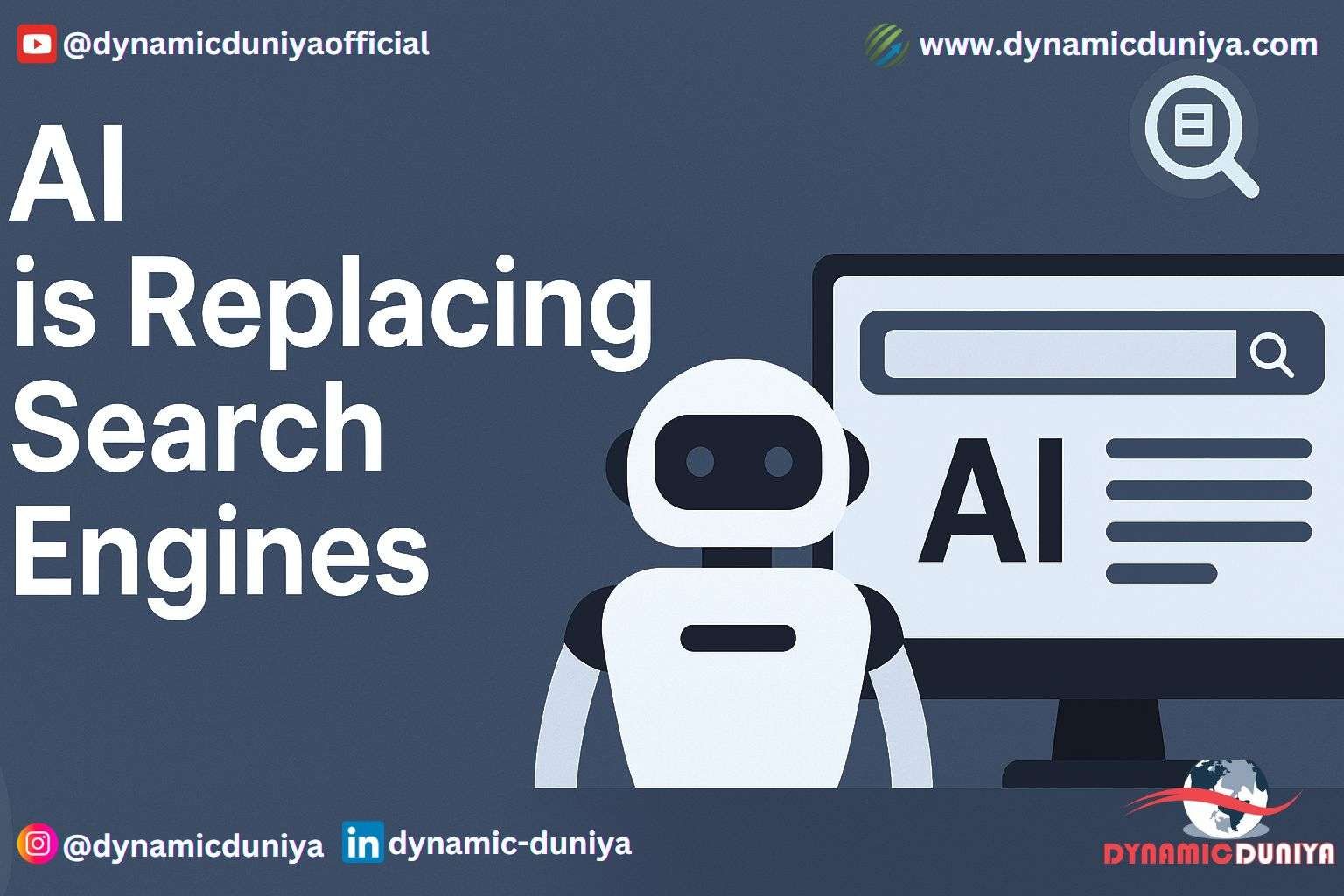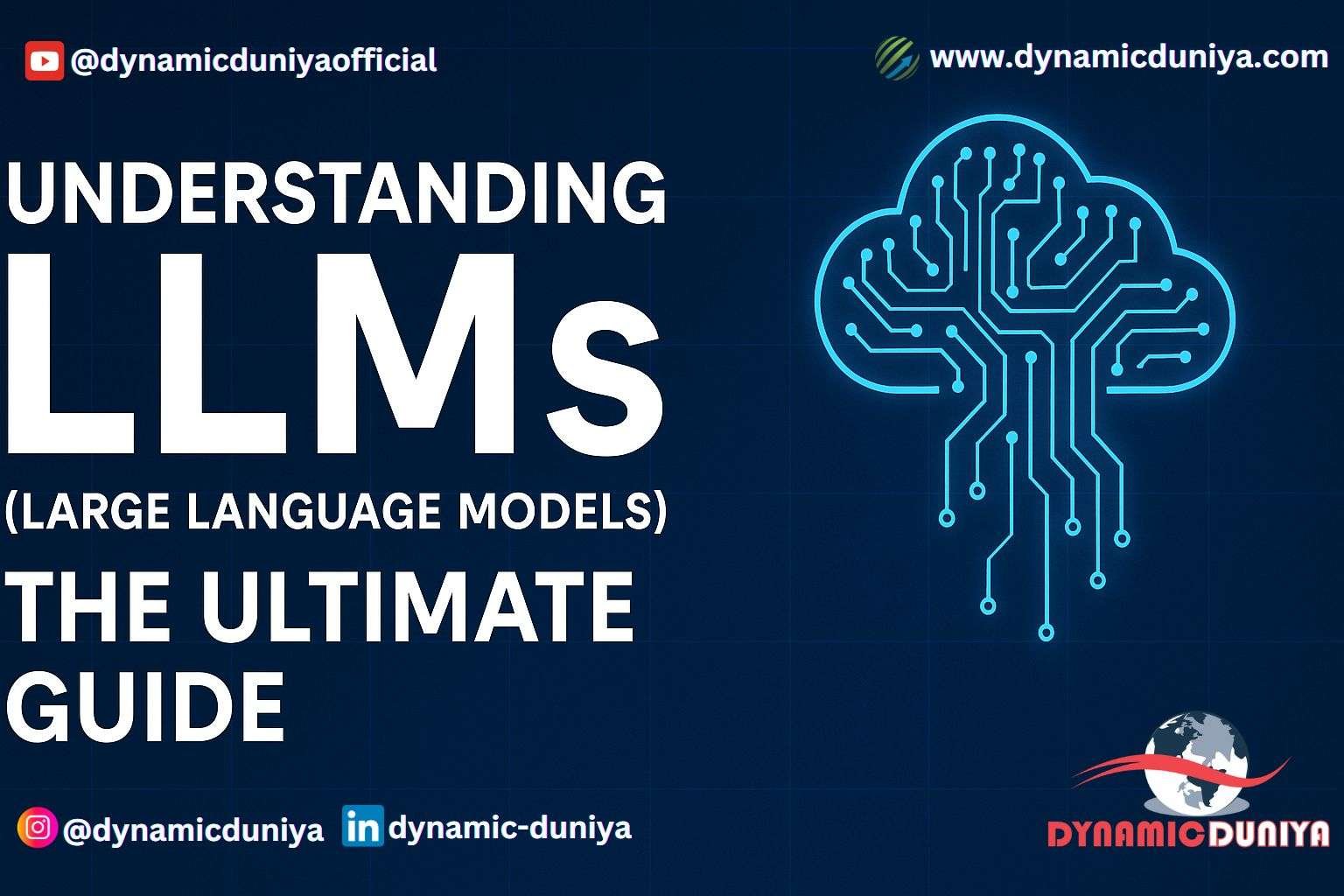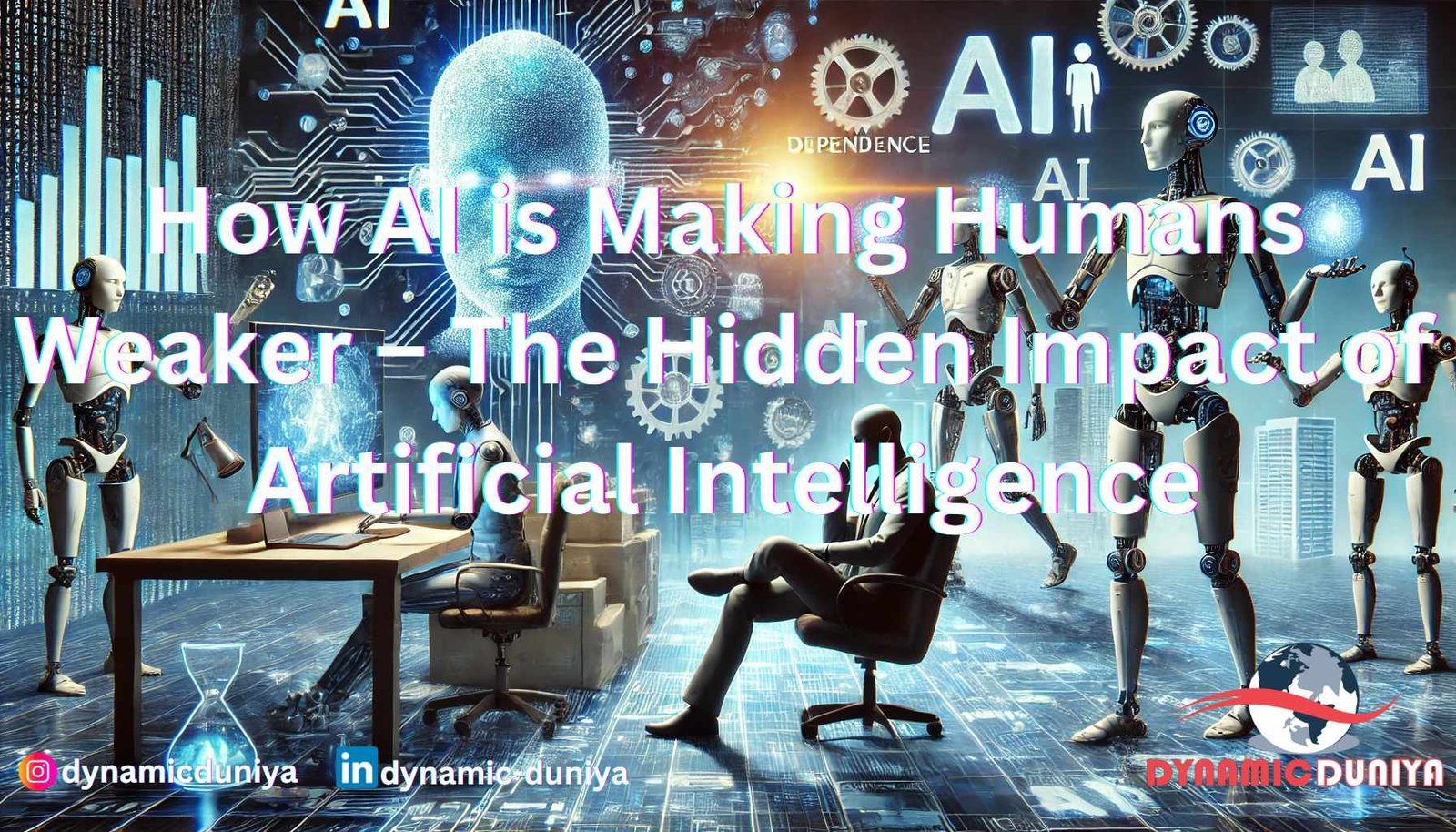How AI Companies Are Making Humans Fools and Exploiting Their Data

Introduction
In recent years, AI-generated images and face-swapping technologies have taken the internet by storm. Trends like Ghibli-style filters, AI avatars, and face-aging apps have captivated millions. But behind the fun and creativity, AI companies are quietly collecting and exploiting your data—especially facial data—for their own gain. The worst part? Most people don't even realize how deep this manipulation goes.
In this blog, we will expose how AI companies trick users, collect their facial data, and how this data can be misused. We'll also discuss ways to protect yourself from AI-powered scams and surveillance.
1. How AI Companies Trick You Into Giving Away Your Data
Fancy AI Trends That Collect Your Face Data
AI companies use trendy apps and services to convince people to voluntarily hand over their biometric data. Some of the most popular tactics include:
- Ghibli AI Filters & Anime Avatars – You upload a selfie, and AI "transforms" you into a cartoon character, secretly saving your face data.
- Face Swap & Aging Apps – Apps like FaceApp let you see an "older version" of yourself, but in reality, they are storing and analyzing your face.
- AI Beauty & Makeup Apps – These apps claim to enhance your look but require detailed face scans, which they may store indefinitely.
- AI Video Editing & Deepfake Tools – Many services allow users to create deepfake videos, which train AI to replicate real faces without permission.
- AI-Powered Virtual Assistants – Smart devices with cameras may be silently capturing your facial expressions and tracking emotional responses.
2. What AI Companies Do With Your Facial Data
Once AI companies collect your facial data, they can use it in several ways—most of which benefit them, not you. Here’s what happens:
Massive AI Databases – Your face is stored and added to a dataset used to train advanced AI models.
- Selling Your Face Data – Many AI companies sell facial data to advertisers, governments, or third-party organizations without your consent.
- Training AI for Surveillance – Governments and corporations use facial recognition to track people, monitor behavior, and suppress dissent.
- Unlocking Devices Without Permission – Advanced AI can generate deepfake versions of your face to bypass Face ID security on phones, laptops, or smart locks.
- Framing People for Crimes – AI-generated fake videos can make it appear like someone did something they never actually did.
- Targeted Advertising & Manipulation – AI can analyze your emotions through facial expressions and manipulate ads or political messages based on your mood.
- Hacking Bank Accounts – AI-powered tools can bypass biometric authentication systems to access bank accounts, digital wallets, and other sensitive data.
- Stealing Identities for Fraud – Criminals can use AI-generated deepfakes to impersonate people in financial transactions, leading to identity theft and fraud.
- Military and Law Enforcement Misuse – AI-driven facial recognition is increasingly used in law enforcement, sometimes leading to wrongful arrests and biased profiling.
3. The Worst-Case Scenarios: What Could Happen If AI Misuses Facial Data?
The misuse of facial data is not just about ads and privacy violations—it could lead to real-world dangers, including:
- Autonomous Killer Drones – AI-powered drones could identify and attack individuals based on facial recognition.
- AI-Controlled Social Credit Systems – Countries could restrict freedoms based on AI-detected behavior patterns.
- Total Surveillance State – Every street camera, phone, and computer could be watching and recording people in real time.
- Cybercrime & Identity Theft – Hackers can use AI-generated deepfakes to commit fraud, impersonate people, and ruin reputations.
- Government Oppression – Authoritarian regimes could use AI to track and suppress political opponents or activists.
- Hacking Smart Homes & Devices – AI-powered hacking tools could compromise smart home security systems, accessing personal spaces without physical intrusion.
- Automated Decision-Making Gone Wrong – AI systems relying on facial recognition could wrongly flag individuals for crimes, deny access to services, or prevent employment opportunities.
- Facial Data Used for Blackmail – AI-generated deepfakes could be weaponized to create fake videos for extortion and blackmail.
- Financial System Manipulation – AI can be used to break into financial systems that rely on facial recognition, leading to stolen funds and unauthorized transactions.
- Manipulation of Political Campaigns – AI can create fake speeches, news clips, or interviews that deceive the public and alter elections.
4. How to Protect Yourself from AI Data Exploitation
Here are practical steps you can take to prevent AI companies from misusing your facial data:
- Avoid AI Face Apps – Don’t use apps that require you to upload your face unless you trust the company.
- Turn Off Face ID – Use strong passwords instead of facial recognition for unlocking devices.
- Limit Social Media Selfies – AI can scan images from social media to improve its face-recognition abilities.
- Read Privacy Policies – Many AI apps secretly store and sell your data. Be aware of what you’re agreeing to.
- Use Offline AI Tools – If you need AI-generated content, use services that don’t send data to external servers.
- Demand AI Regulations – Support laws that restrict AI companies from collecting and selling biometric data.
- Secure Bank Accounts with Multi-Factor Authentication – Rely on physical security keys or OTPs instead of biometric authentication alone.
- Disable Unnecessary Camera & Microphone Permissions – Many AI-powered services access your camera and microphone even when they are not in use.
- Use Encrypted Devices and Privacy-Focused Software – Prefer security-focused alternatives that limit AI tracking and data collection.
- Be Cautious of AI Voice & Video Calls – AI can generate real-time deepfake calls to trick individuals into revealing sensitive information.
Conclusion
AI companies are not just offering fun filters and fancy tools—they are collecting, analyzing, and profiting from your personal data. The more you engage with AI-powered face apps, the more control you give away.
Facial recognition is becoming a double-edged sword—while it offers convenience, it also poses serious threats to privacy, security, and even personal safety. The risk of AI-powered attacks, fraud, and surveillance is growing, and we must take control of our data before it's too late.
Everything you use for free is never truly free; you pay with your data and personal information. These are the real costs of AI-powered services. In the future, AI models will become so advanced that they can track and find anyone anywhere using AI-powered facial cameras.
Be smart. Stay informed. Protect your privacy.
Random Blogs
- The Beginner’s Guide to Normalization and Denormalization in Databases
- Mastering SQL in 2025: A Complete Roadmap for Beginners
- Where to Find Free Datasets for Your Next Machine Learning & Data Science Project
- AI Agents & Autonomous Systems – The Future of Self-Driven Intelligence
- Downlaod Youtube Video in Any Format Using Python Pytube Library
- Understanding HTAP Databases: Bridging Transactions and Analytics
- Important Mistakes to Avoid While Advertising on Facebook
- Create Virtual Host for Nginx on Ubuntu (For Yii2 Basic & Advanced Templates)
- Compiler SQL Online: A Beginner-Friendly Guide to Running SQL Queries Anywhere
- Understanding AI, ML, Data Science, and More: A Beginner's Guide to Choosing Your Career Path
Prepare for Interview
- JavaScript Interview Questions for 5+ Years Experience
- JavaScript Interview Questions for 2–5 Years Experience
- JavaScript Interview Questions for 1–2 Years Experience
- JavaScript Interview Questions for 0–1 Year Experience
- JavaScript Interview Questions For Fresher
- SQL Interview Questions for 5+ Years Experience
- SQL Interview Questions for 2–5 Years Experience
- SQL Interview Questions for 1–2 Years Experience
- SQL Interview Questions for 0–1 Year Experience
- SQL Interview Questions for Freshers
- Design Patterns in Python
Datasets for Machine Learning
- Awesome-ChatGPT-Prompts
- Amazon Product Reviews Dataset
- Ozone Level Detection Dataset
- Bank Transaction Fraud Detection
- YouTube Trending Video Dataset (updated daily)
- Covid-19 Case Surveillance Public Use Dataset
- US Election 2020
- Forest Fires Dataset
- Mobile Robots Dataset
- Safety Helmet Detection
- All Space Missions from 1957
- OSIC Pulmonary Fibrosis Progression Dataset
- Wine Quality Dataset
- Google Audio Dataset
- Iris flower dataset
- Artificial Characters Dataset
- Bitcoin Heist Ransomware Address Dataset




